Cambodia’s education system has undergone significant development in recent decades. Since the 1990s, the country has prioritized expanding access to education, with a focus on achieving Education for All (EFA) goals. This blog post provides an objective overview of the current state of education in Cambodia, highlighting its progress, ongoing challenges, and future directions.
Structure and Levels
Cambodia’s education system follows a 6+3+3 format, comprising:
- Preschool Education (Optional): Early childhood education programs are not yet compulsory but are becoming increasingly available.
- Primary Education (Grades 1-6): This level is free and compulsory for all children. The curriculum emphasizes Khmer language, mathematics, science, and social studies.
- Secondary Education (Lower Secondary: Grades 7-9, Upper Secondary: Grades 10-12): Lower secondary education is also free and compulsory. Upper secondary education offers both general and technical tracks, with students taking national exams to graduate.
- Higher Education: Universities and higher education institutions provide bachelor’s degrees, master’s degrees, and doctoral programs.
Achievements and Improvements
Cambodia has made substantial strides in education access. Enrollment rates have risen dramatically, particularly at the primary level. The government’s commitment to free basic education has played a crucial role in this progress. Additionally, there has been an increase in the number of teachers, although challenges remain regarding teacher qualifications and training.
Challenges and Considerations
Despite the advancements, Cambodia’s education system faces several hurdles.
- Quality of Education: While access has improved, concerns exist regarding the quality of education. Class sizes can be large, and learning materials may be limited.
- Teacher Training and Equity: Teacher shortages persist, particularly in rural areas. Additionally, ensuring equitable access to quality education across regions and socioeconomic backgrounds remains a challenge.
- Higher Education Costs: While some public universities offer affordable tuition, higher education can be financially out of reach for many Cambodians.
The Road Ahead
Cambodia’s Ministry of Education, Youth and Sport (MoEYS) is actively working to address these challenges. Initiatives include:
- Curriculum Reform: The MoEYS is revising the curriculum to focus on critical thinking, problem-solving, and life skills.
- Teacher Training and Development: Programs are underway to enhance teacher qualifications and provide ongoing professional development opportunities.
- Promoting Equity: Efforts are being made to increase access for disadvantaged groups, including girls and children with disabilities.
Conclusion
Cambodia’s education system is evolving. Significant progress has been achieved in terms of access, but quality and equity remain key areas for improvement. Continued investment and strategic interventions by the government, along with international collaboration, will be essential in ensuring a strong education system that empowers future generations of Cambodians.

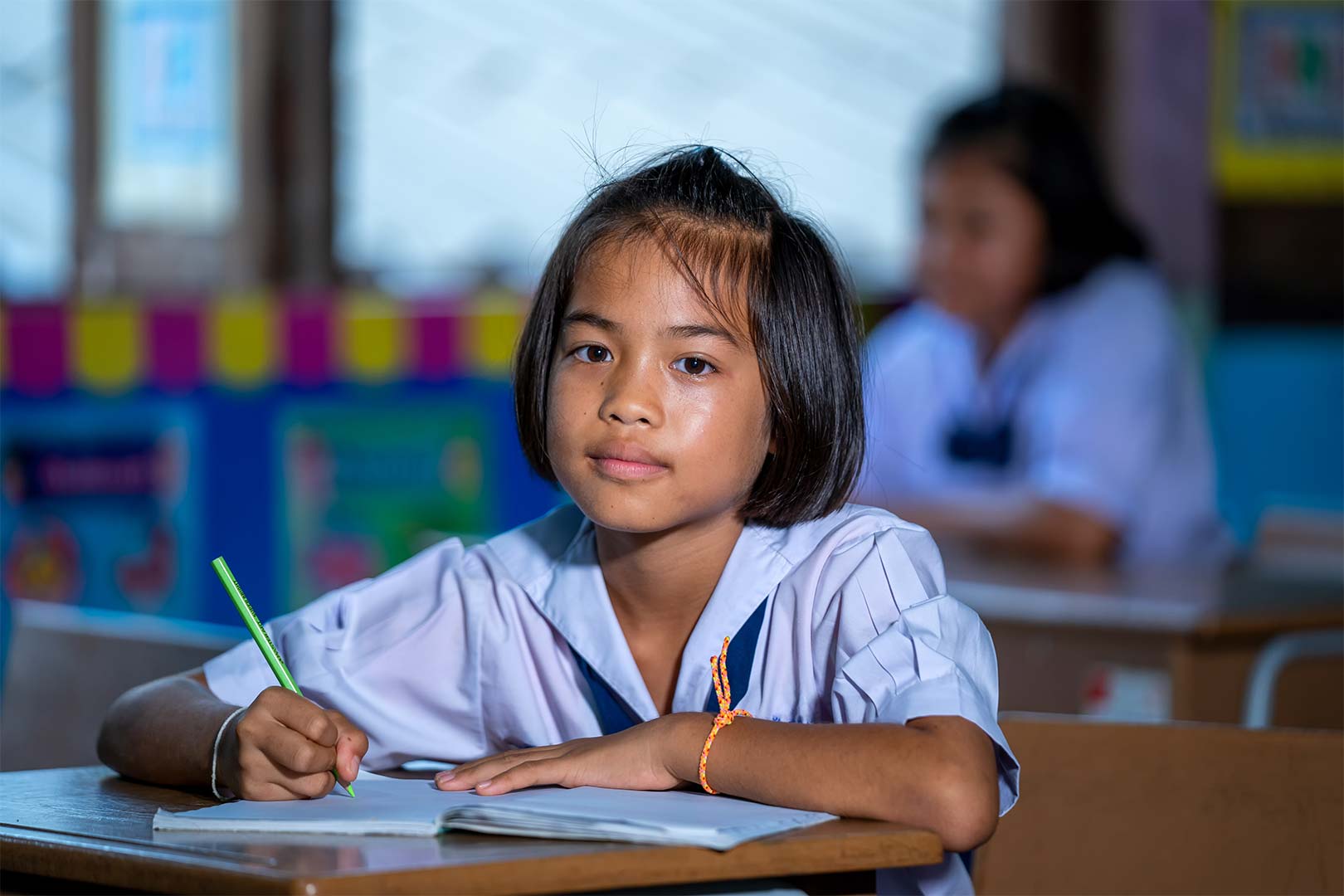

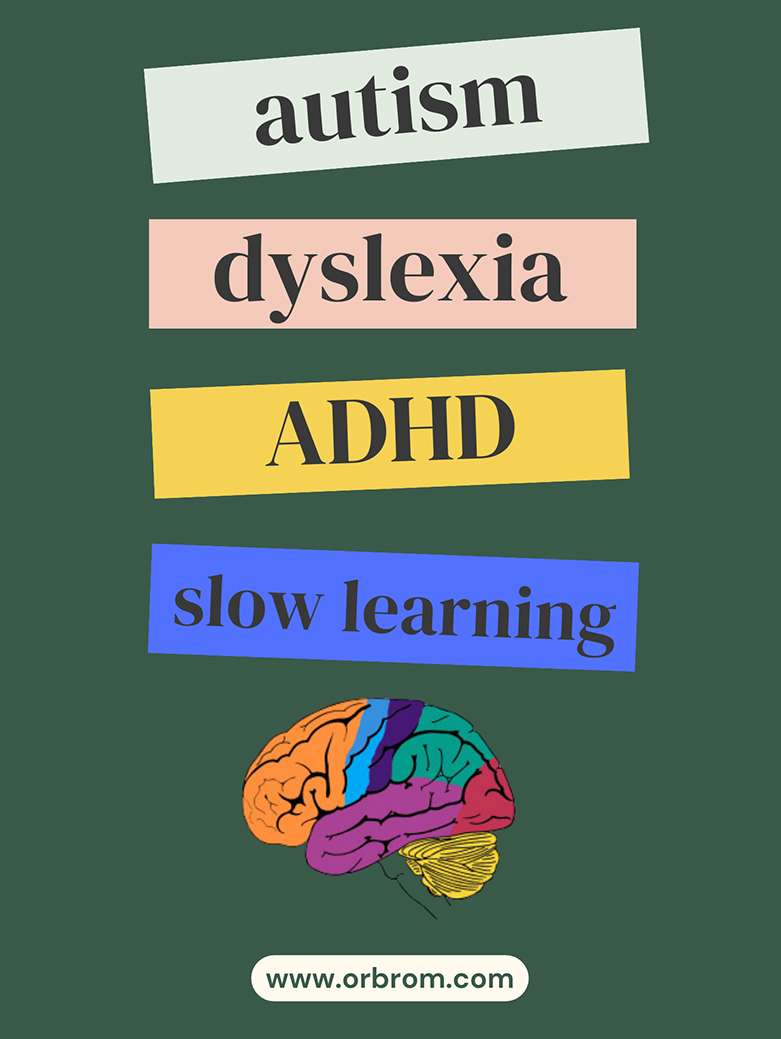
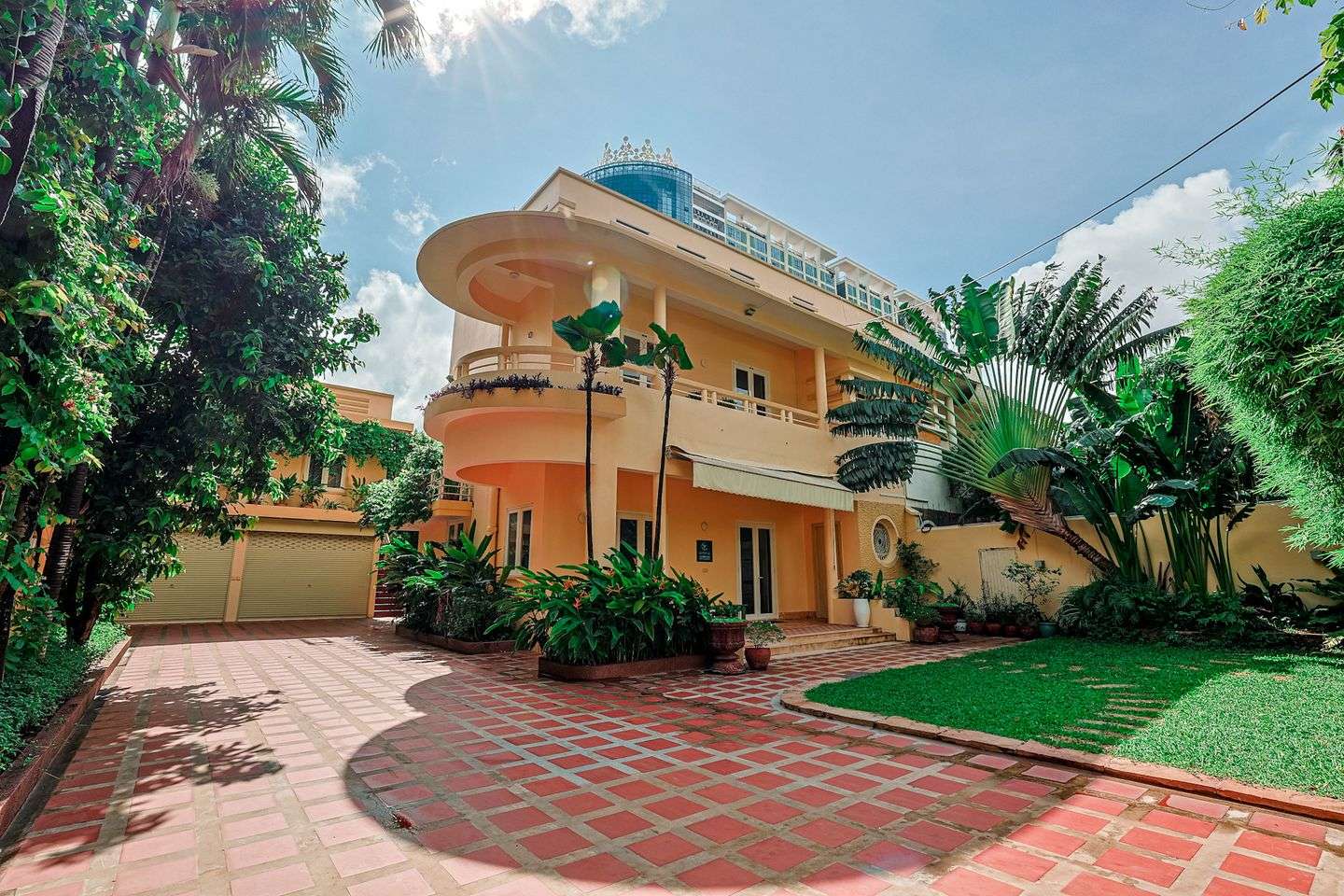
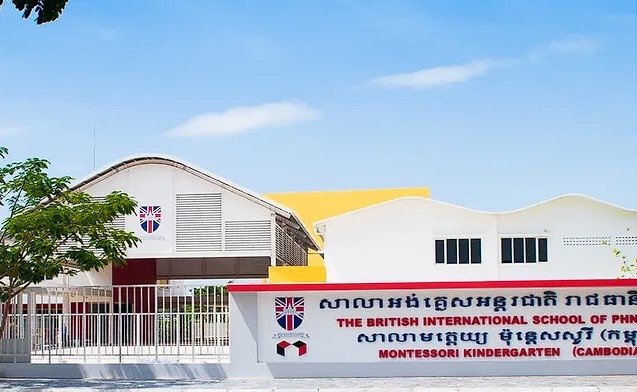
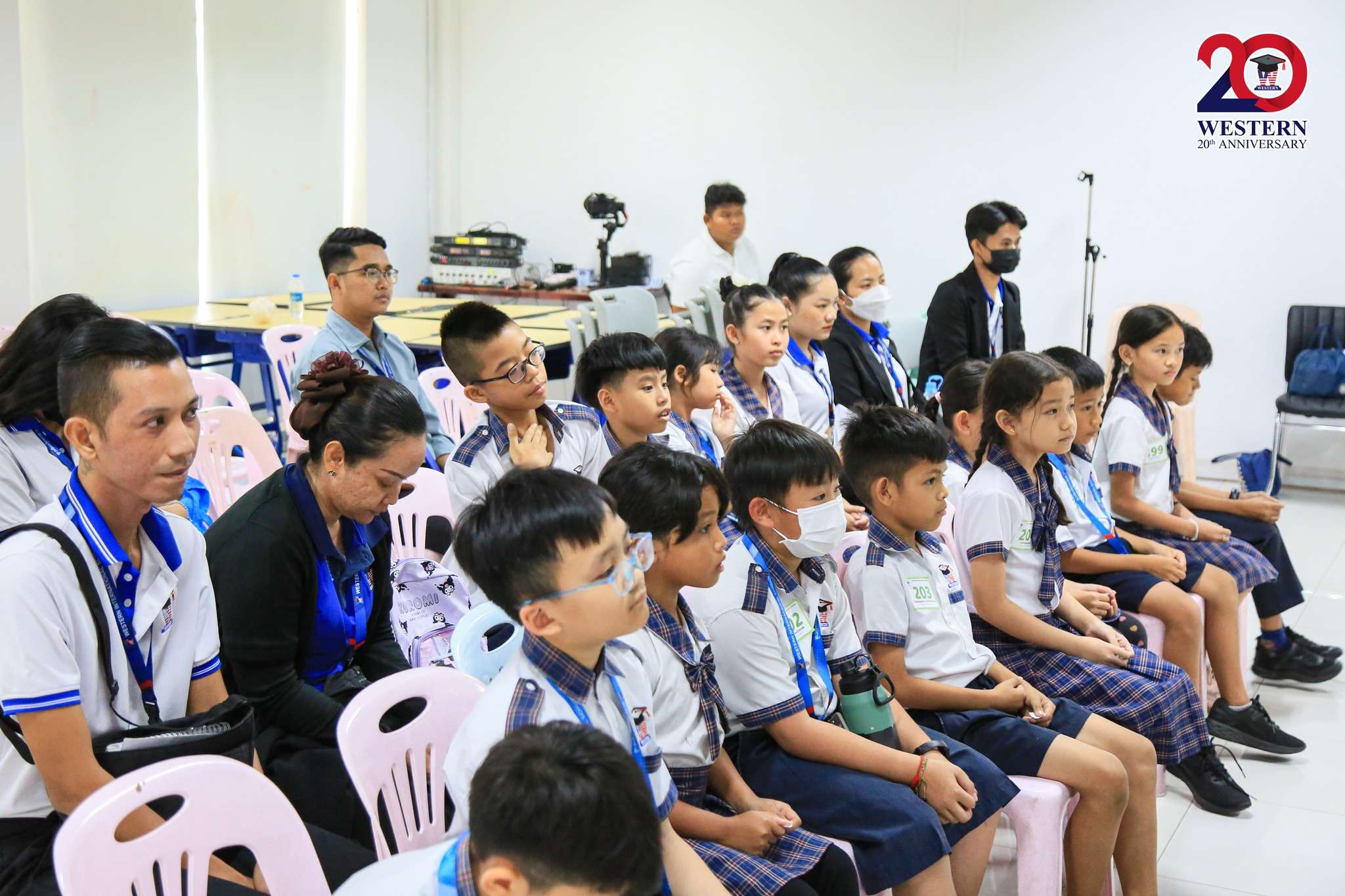
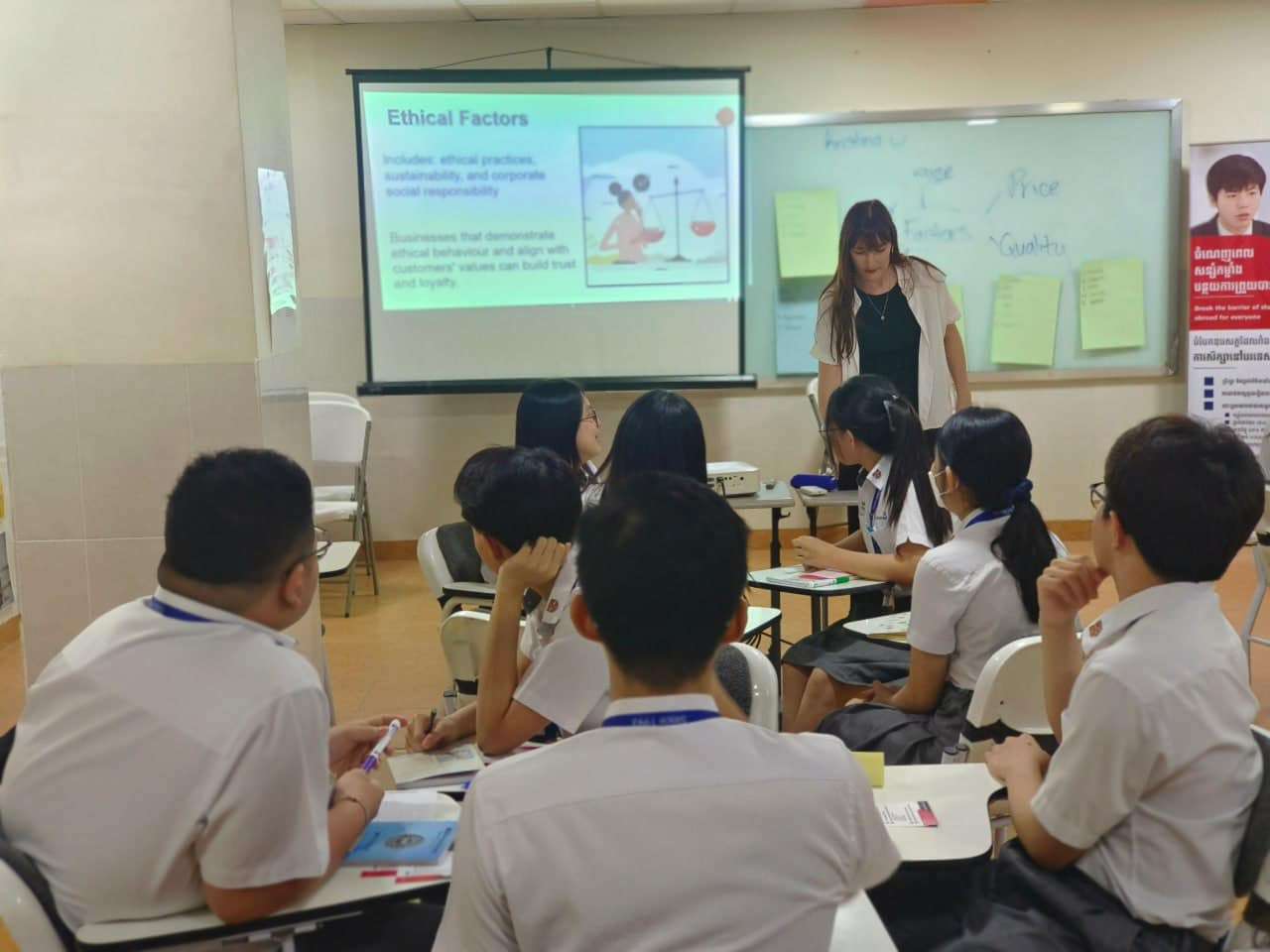
Leave A Comment